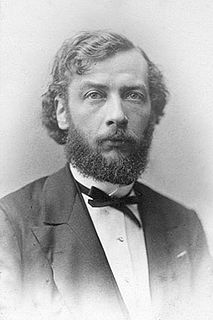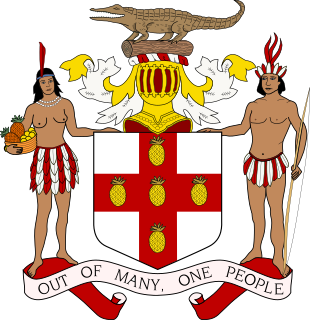
Accountability Day [1] (Dutch: Verantwoordingsdag, popularly also referred to as (woensdag) gehaktdag, "Wednesday Mincing Day") [2] ) is the day in the Netherlands when the national government and ministries present their annual reports to the House of Representatives. On the same day, the Court of Audit publishes its report on the inspections of those annual reports. Accountability Day is held every year on the third Wednesday in May. The annual reports not only account for how much money has been spent and on what; the specific goals that were envisioned, and to what degree they have been achieved in the past year, are also discussed.

The Netherlands is a country located mainly in Northwestern Europe. The European portion of the Netherlands consists of twelve separate provinces that border Germany to the east, Belgium to the south, and the North Sea to the northwest, with maritime borders in the North Sea with Belgium, Germany and the United Kingdom. Including three island territories in the Caribbean Sea—Bonaire, Sint Eustatius and Saba— it forms a constituent country of the Kingdom of the Netherlands. The official language is Dutch, but a secondary official language in the province of Friesland is West Frisian.

The House of Representatives is the lower house of the bicameral parliament of the Netherlands, the States General, the other one being the Senate. It has 150 seats which are filled through elections using a party-list proportional representation. It sits in the Binnenhof in The Hague.
The Court of Audits is an independent body that audits the spending of the national government on its efficiency and legitimacy. The Court is appointed by cabinet on the advice of the House of Representatives. The Court of Audit is a High Council of State.
Contents
Accountability Day dates from 2000. Since then, the Finance Minister reports to the House personally. When doing so, a special suitcase is used, similar to the one carrying the budget plans (Miljoenennota) on Prinsjesdag, the third Tuesday in September. The suitcase is decorated with the Coat of arms of the Netherlands, and the text DERDE WOENSDAG IN MEI ("THIRD WEDNESDAY IN MAY") beneath it. Before 2000, the financial and ministerial annual reports - then referred to as "Financial Accountability" - were not sent to the House of Representatives until September. At the Parliament's prompting, this date has been brought forward, because MPs are too busy in autumn preparing the national budget debates for the next year to also invest time in the financial report of the previous year. This way, an Accountability Day refers to the Prinsjesdag of 1.5 years earlier. For example, on Accountability Day 2015, the Cabinet accounted for how much of the plans announced at Prinsjesdag 2013 had been achieved in 2014.

The Ministry of Finance is the Dutch Ministry responsible for Economic policy, Monetary policy, Fiscal policy, Tax policy, Incomes policy, Regulations, Government budget and the Financial market. The Ministry was created in 1798 as the Department of Finance of the Batavian Republic. In 1876, it became the Ministry of Finance. The Minister of Finance is the head of the Ministry and a member of the Cabinet of the Netherlands. The current Minister is Wopke Hoekstra.

A suitcase is a form of luggage. It is often a somewhat flat, rectangular-shaped bag with rounded square corners, either metal, hard plastic or made of cloth, vinyl or leather that more or less retains its shape. It has a carrying handle on one side and is used mainly for transporting clothes and other possessions during trips. It opens on hinges like a door. Suitcases lock with keys or a combination.

Prinsjesdag is the day on which the reigning monarch of the Netherlands addresses a joint session of the Dutch Senate and House of Representatives to give the speech from the throne ; setting out the main features of government policy for the coming parliamentary session.
In 2004, the House approved of a motion requesting the Government to have all Cabinet members be present during the plenary debate on the national financial report the day after the third Wednesday in May.
In parliamentary procedure as defined in Robert's Rules of Order, a motion is a formal proposal by a member of a deliberative assembly that the assembly take certain action.















